Your location:Home >Automotive News >
Time:2022-06-30 13:11:57Source:
On June 28, Beijing Hyundai announced a new round of personnel adjustments: Gong Yueqiong, deputy general manager of BAIC Group, became the chairman of Beijing Hyundai, Wu Zhoutao became the director and executive deputy general manager of Beijing Hyundai, and Qi Xiaohui became the deputy director of Beijing Hyundai Sales Headquarters.
According to official information, Gong Yueqiong has worked in Beiqi Foton since 2004 and served as chairman of Foton Motor in 2021.Wu Zhoutao joined Beijing Hyundai in 2002 and was promoted to the deputy general manager of Beijing Hyundai in 2013 and the deputy director of the sales department.
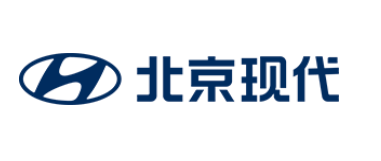
Source: Beijing Hyundai official website
In addition, the core sales position, that is, the "top leader" of Chinese sales, has also been officially appointed.According to the official introduction, after 8 months of vacancy, Qi Xiaohui officially took over the position of copy minister of Beijing Hyundai Sales Headquarters.Qi Xiaohui is also the first female executive in charge of sales and marketing since the establishment of Beijing Hyundai.
sales decline
Behind the personnel adjustment may be the anxiety that Beijing Hyundai's sales have been slow to improve.
According to the data, Beijing Hyundai was established on October 18, 2002. It was jointly funded by Beijing Automobile Investment Co., Ltd. and South Korea's Hyundai Auto Co., Ltd., with a registered capital of US$2.036 billion, with China and South Korea each accounting for 50%.As one of the earliest established joint venture brands, Beijing Hyundai has had a "highlight moment" in its performance.
From 2013 to 2016, Beijing Hyundai's domestic sales were 1.03 million, 1.16 million, 1.06 million and 1.14 million respectively.After that, Beijing Hyundai's situation took a turn for the worse.
From 2017 to 2021, Beijing Hyundai's sales declined for five consecutive years.Data show that from 2016 to 2019, Hyundai Motor's sales in the Chinese market were 1.14 million, 756,000, 790,000 and 650,000 respectively, a decline of 43% in four years.During this period, the South Korean automaker's market share fell from 5.1% to 3.1%, and it has been reduced from a mainstream joint venture brand to a third- and fourth-tier joint venture brand.
In order to reverse the continuous downward trend and enhance the product and brand power in the Chinese market, Beijing Hyundai chose to try to increase the model launch and enrich the product matrix.In 2020 and 2021, Beijing Hyundai will successively launch Festa pure electric, tenth-generation Sonata, seventh-generation Elantra, brand-new Mingtu, new ix35, fifth-generation Tucson, and the first MPV Kusto.
In addition, Beijing Hyundai also tried to maintain sales by "exchanging price for quantity", but this strategy instead gave the Korean brand a "low-end" label, which further reduced its brand power and value preservation rate.
Li Nanhong, head of the public relations department of Beijing Hyundai, once told the media that 2020 is the brand activation year of Beijing Hyundai.
However, Beijing Hyundai's expectation of intensively releasing products to save the decline failed to materialize.Official data shows that Beijing Hyundai's terminal sales in 2020 will be 502,000 units, a year-on-year decrease of 28.7%, far below the company's expected target of "annual sales of 700,000 units".Beijing Hyundai's sales in 2021 will be 385,000 units, a year-on-year decline of 23%, and only 68% of the sales target of 560,000 units.
According to the plan, from 2021 to 2030, Beijing Hyundai will launch 1-2 new energy products every year.Among them,IONIQ 5, the first mass-produced model of Hyundai Motor's exclusive brand ofelectric vehicles , based on the E-GMP electric vehicle modular platform, will be launched in 2022.
Shareholder capital increase
As sales continued todecline, Beijing Hyundai's factories wereseverely underutilized.
Previously, Beijing Hyundai owned Beijing Shunyi No. 1, No. 2, and No. 3 factories in China, as well as complete vehicle production plants in Cangzhou and Chongqing, Hebei, with a total annual production capacity of 1.65 million vehicles.Among them, the first factory of Beijing Hyundai will be taken over by Ideal Motors in 2021. The total designed production capacity of the factories in Beijing, Chongqing and Hebei is 1.35 million units. Based on the sales volume of 360,000 units in 2021, the capacity utilization rate is only 26.7%.
Under the attack of mainstream joint venture brands and independent brands, Beijing Hyundai's situation can be said to be stretched.At the end of 2021, it was rumored that Hyundai Motor would increase its shareholding investment.In January 2022, Cui Dongyou, general manager of Beijing Hyundai, responded: "Hyundai has no plan to adjust the shareholding ratio of Beijing Hyundai's joint venture, and the joint venture contract between China and South Korea will expire in 2032." However, he also admitted that the market performance of Beijing Hyundai in 2021 Significant decline from the previous year.
In order to restore the decline, the two shareholders, BAIC Investment and Hyundai Motor, jointly increased capital to Beijing Hyundai.In March of this year, BAIC Investment and Hyundai Motor, a subsidiary of BAIC Group, signed an agreement to jointly increase the capital of Beijing Hyundai by US$942 million (approximately RMB 6 billion) according to their respective shareholding ratios.
It is reported that the capital increase is divided into two stages. Before June 30, 2022, both shareholders will pay 50% of the capital increase, and the remaining capital increase will be paid by December 31, 2022.After the completion of this capital increase, the shareholding ratio of BAIC and Hyundai Motor in Beijing Hyundai will remain unchanged at 50% each.To this end, Caijing.com contacted the relevant persons in charge of BAIC Group and Beijing Hyundai, and the other party expressed their affirmation.
On March 23, the official announcement stated that Hyundai Motor Group plans to achieve a sales target of 520,000 vehicles by 2025, its joint venture in China, Beijing Hyundai.According to the plan, Beijing Hyundai will launch a product layout including four sedans, four SUVs, and two electric vehicles. The focus of the product system will gradually shift from fuel vehicles tonew energyvehicles. Among them, two exclusive pure electric models will be launched in China as early as next year. put.In addition, Beijing Hyundai will also increase its export efforts, and will form an export scale of 100,000 vehicles in the future, of which Kusitu will be sold to the Taiwan market.
Zhang Xiang, an analyst in the automotive industry, said: "Beijing Hyundai's brand influence is declining significantly, and this has a lot to do with the lack of core technical support. At the same time, the frequent quality problems of Beijing Hyundai are not only a manifestation of its weak technology, It also seriously affected its reputation.”
However, Beijing Hyundai's current sales situation is still difficult to say optimistic.The latest narrow-sense wholesale volume data from the Passenger Federation shows that Beijing Hyundai sold 8,435 vehicles in May, down 75.4% year-on-year; from January to May, the brand’s cumulative sales volume was 76,000 vehicles, down 53% year-on-year, and only 21 percent of the annual sales target was achieved. %.
Statement: the article only represents the views of the original author and does not represent the position of this website; If there is infringement or violation, you can directly feed back to this website, and we will modify or delete it.
Preferredproduct
Picture and textrecommendation

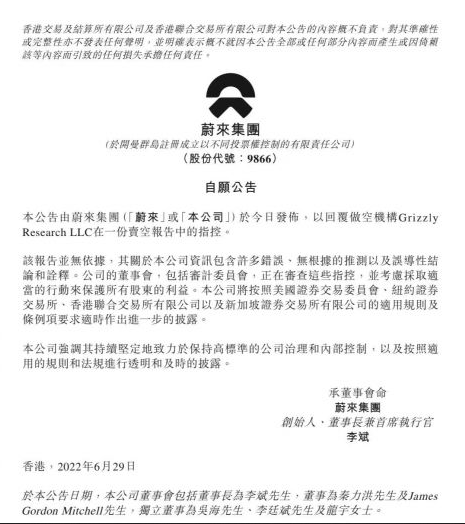
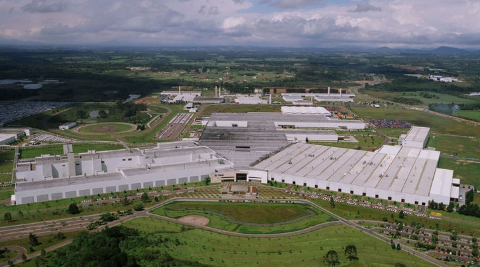
2022-06-30 13:11:02
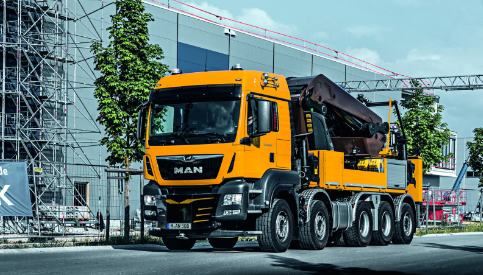
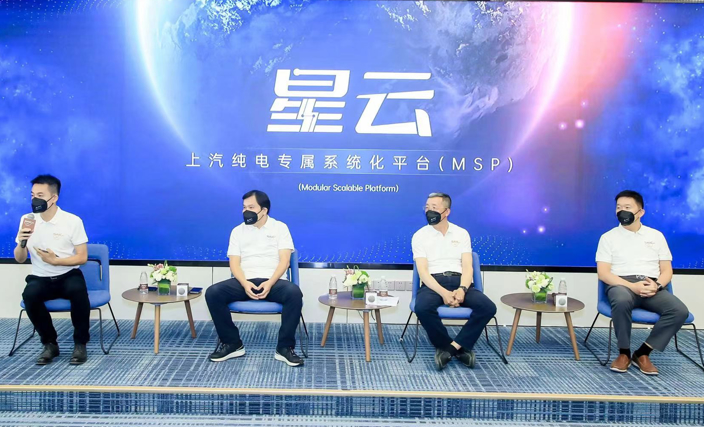
2022-06-30 13:10:00

2022-06-30 13:08:46
Hot spotsranking
Wonderfularticles
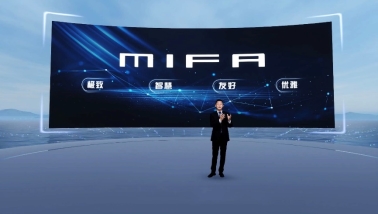
2022-06-30 13:07:37
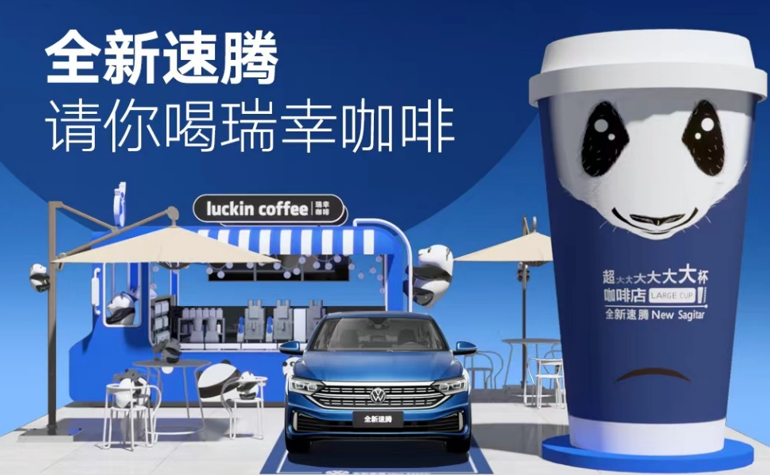
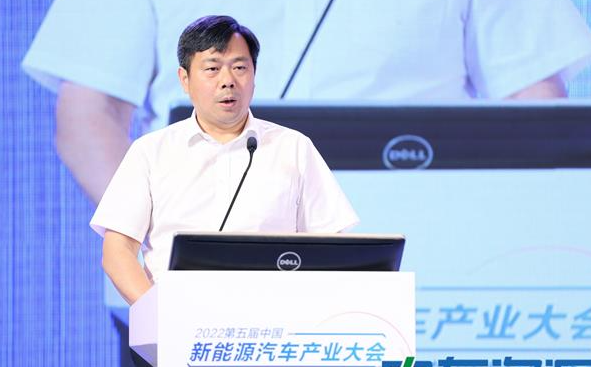

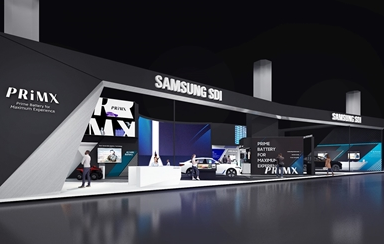
2022-06-30 13:04:41
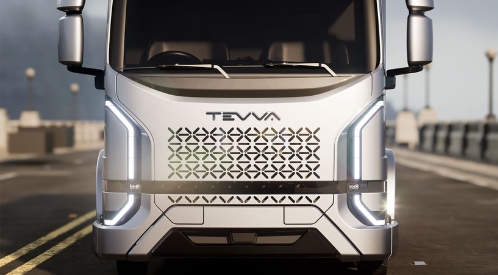
2022-06-30 13:04:07
Popularrecommendations
